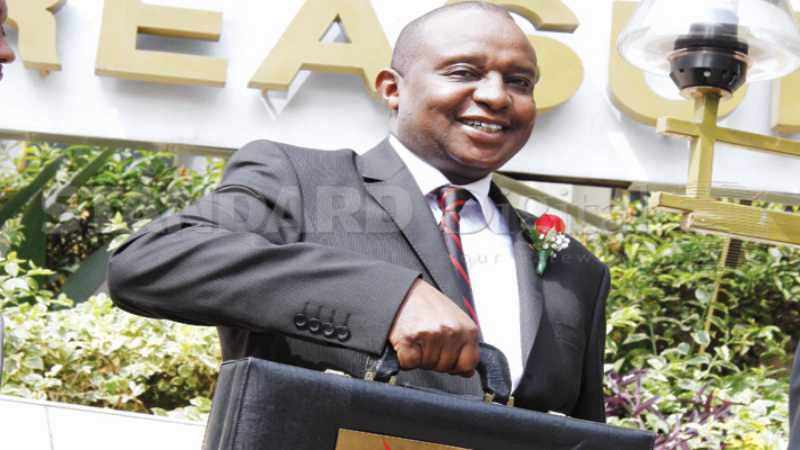×
The Standard e-Paper
Join Thousands Daily

NAIROBI, KENYA: On Thursday, Cabinet Secretary Henry Rotich will step out to break down 2018/19 budget which will highlight allocations to various state functions. Many Kenyans will be looking forward to how the government will finance projects in this year’s Sh3.07 trillion budget.
In understanding areas of taxation, Standard Digital engages experts from PricewaterhouseCoopers to shed light on various areas of taxation and how it will affect individuals and businesses.